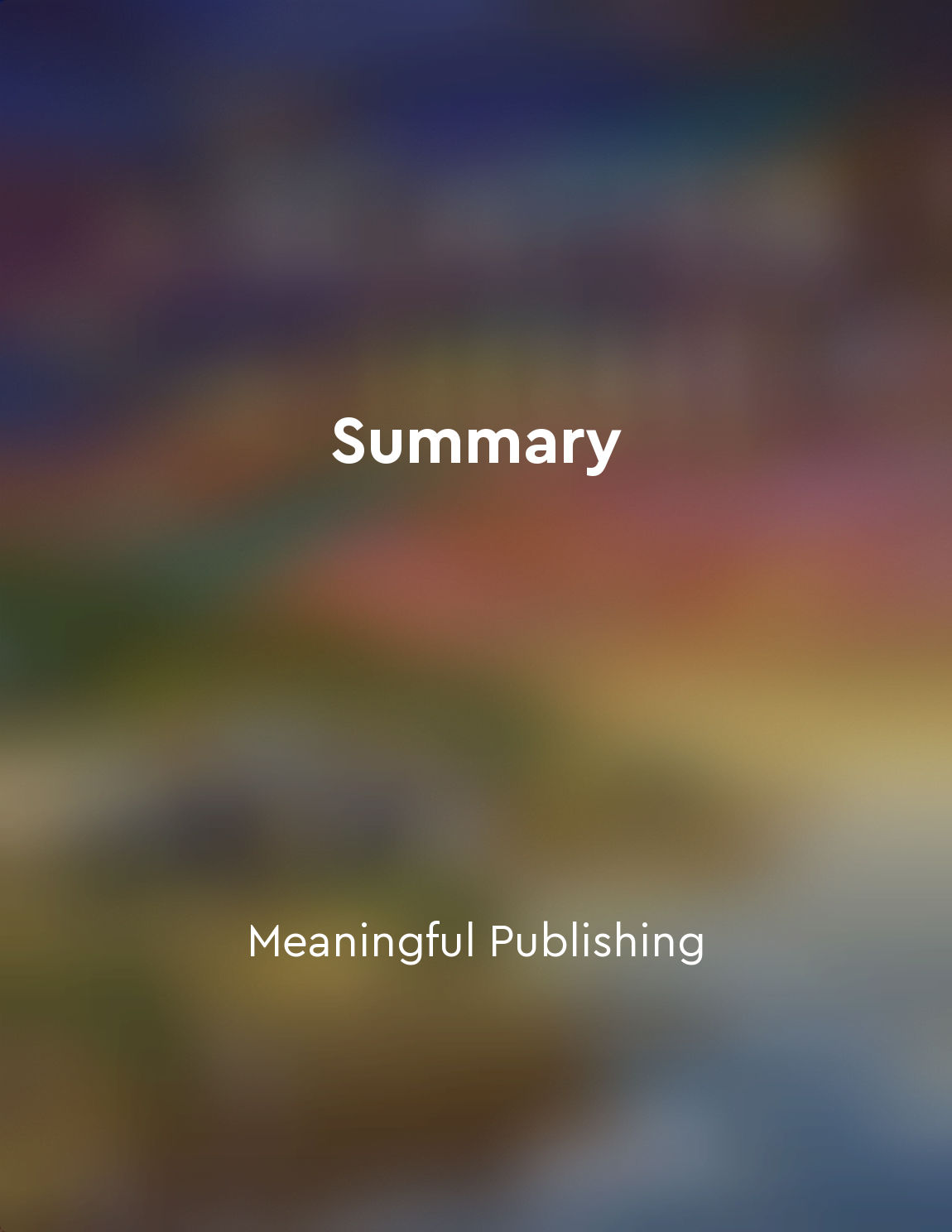Understanding the limits of one's knowledge is important for accurate forecasting from "summary" of Superforecasting by Philip E. Tetlock,Dan Gardner
In the world of forecasting, one thing is clear: knowing what you don't know is just as crucial as knowing what you do know. This recognition of the limits of one's knowledge is a key factor in making accurate predictions about the future. When it comes to forecasting, it is essential to acknowledge that there are always uncertainties and unknown variables at play. No matter how much information we have, there will always be gaps in our understanding that can affect the accuracy of our forecasts. By understanding the limits of our knowledge, we can avoid the trap of overconfidence and the tendency to make bold but ultimately inaccurate predictions. Instead of relying solely on our existing beliefs and assumptions, we must be willing to challenge our own thinking and consider alternative perspectives. This willingness to question our own knowledge and seek out new information is what sets successful forecasters apart from the rest. In the book "Superforecasting," the authors highlight the importance of humility in the face of uncertainty. They emphasize the value of being open to new ideas and being willing to revise our forecasts in light of new evidence. By staying humble and recognizing that our knowledge is limited, we can make more accurate predictions and avoid costly errors. Successful forecasters understand that they cannot know everything and that there will always be unknown factors that can influence the outcome of future events. They approach forecasting with a sense of humility and are constantly seeking to expand their knowledge and improve their forecasting skills. By acknowledging the limits of their knowledge, they are able to make more accurate and reliable predictions about the future.- Understanding the limits of one's knowledge is essential for accurate forecasting. By recognizing the uncertainties and unknown variables that can affect our predictions, we can avoid overconfidence and make more informed decisions about the future. Successful forecasters approach forecasting with humility and a willingness to challenge their own assumptions, ultimately leading to more accurate and reliable predictions.
Similar Posts
Your values determine your actions
Values are beliefs that we hold about what is important or desirable in life. They shape our decisions, actions, and behavior. ...

Create a supportive environment
Creating a supportive environment is crucial for fostering growth and success. When individuals are surrounded by positivity, e...
Forecasting tournaments provide opportunities to hone forecasting skills
Forecasting tournaments are like boot camps for the mind, providing a rigorous training ground for individuals looking to sharp...
Using probability estimates can improve forecasting accuracy
The idea that probability estimates can enhance forecasting accuracy is a powerful one. By incorporating probabilities into our...
Using probability estimates can improve forecasting accuracy
The idea that probability estimates can enhance forecasting accuracy is a powerful one. By incorporating probabilities into our...
Cognitive biases can hinder forecasting accuracy
Cognitive biases are like a fog that clouds our ability to accurately predict the future. These biases are mental shortcuts tha...
Framing effects influence perceptions
Framing effects are a powerful force that can significantly impact how we perceive information and make decisions. The way in w...

